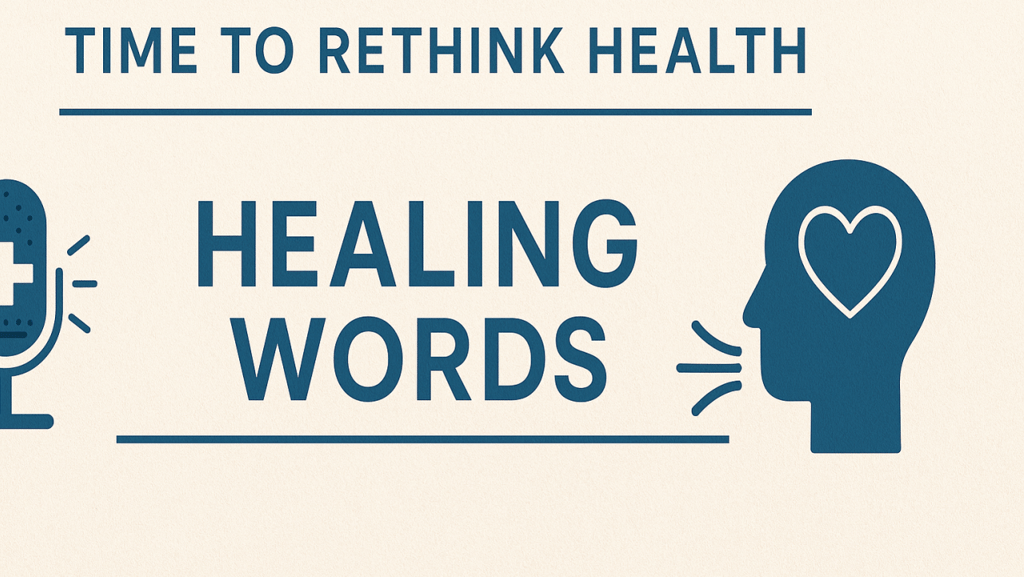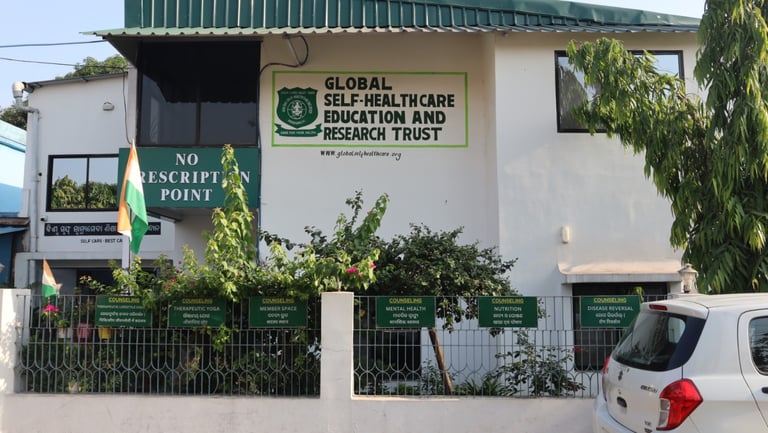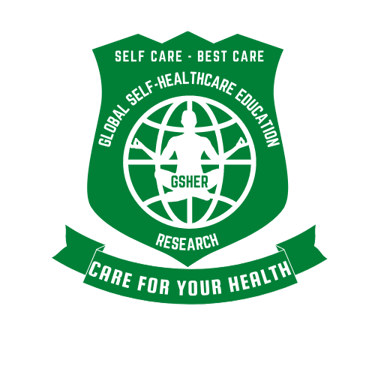

Words are power. Words carry energy.
Words can wound, and words can heal."
In modern medicine, we often focus on advanced diagnostics, precision therapies, and the latest interventions. Yet, one of the most accessible and underutilized tools in a doctor’s armamentarium remains the simplest: words.
We, as doctors, are trained to fight disease with medicines, procedures, and technology. But what if we considered words as an equally potent weapon in this fight? Not as a substitute for medical science, but as a complementary force, shaping mindsets, inspiring hope, and unlocking the body’s own healing capacities.
Somewhere, Our Diagnosis Becomes a Label
Too often, the first interaction a patient has after tests and examinations is a clinical label: “You have diabetes.” “This is cancer.” “You are hypertensive.” While these words are medically accurate, they often land like a verdict: heavy, frightening, and sometimes paralyzing.
What if instead of branding patients with disease names, we could frame our communication in ways that empower rather than diminish?
Instead of “You are hypertensive,” we could say, “Your blood pressure is higher than we’d like right now, but together we can bring it down.”
Instead of “This is a terminal condition,” we might say, “We will focus on quality, comfort, and possibilities every day ahead.”
The information remains truthful, but the emotional impact shifts from hopelessness to partnership, from passive suffering to active participation.
Who Stops Us from Using Healing Words?
It is worth asking: What stands in the way of doctors speaking with more healing intent? Is it:
Medical Education: Which prioritizes technical accuracy over emotional intelligence?
Legal and Documentation Systems: Which demand exact terminology for insurance and medico-legal safety?
Institutional Management: which focuses on speed and volume of consultations rather than the quality of doctor–patient dialogue?
Bureaucratic Hurdles: Where policy and protocols take precedence over personal connection?
Or is it ourselves: our own habits and blind spots, formed in the pressure cooker of modern healthcare?
And if we turn the lens towards patients, who stops them from choosing healing words for themselves? How often do they internalize the labels and pronouncements of others, from physicians, relatives, or online communities, instead of affirming their own capacity for recovery?
Words are not only spoken to patients, but they are also spoken by patients. The language one uses to describe their own health experience can reinforce illness or foster healing. Saying, “I am fighting for my health,” is worlds apart from “I am a sick person.”
This is not about denial of reality; it is about engaging the power of self-talk as part of the healing process.
Time to Rethink Health: A Call by GSHER


